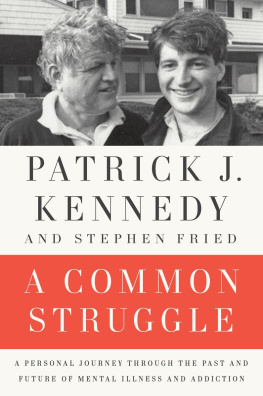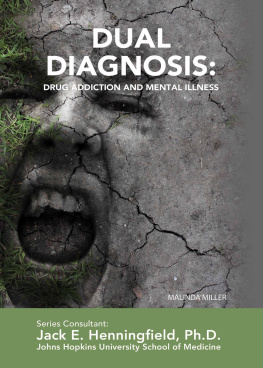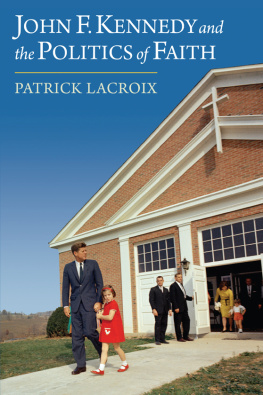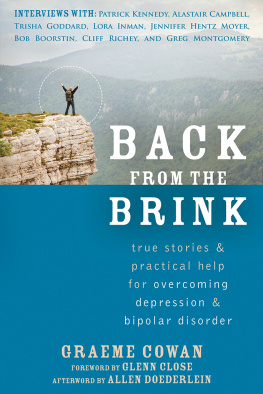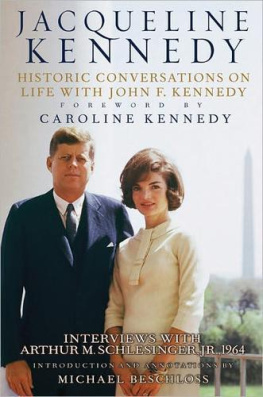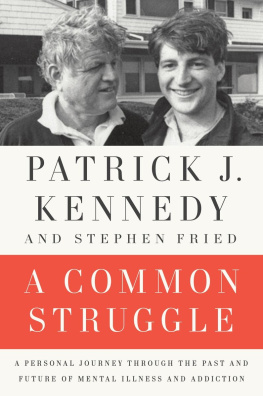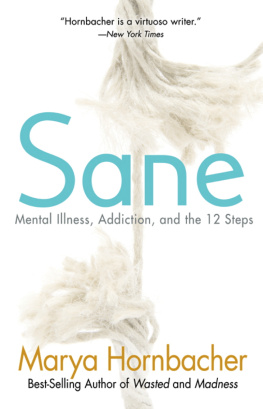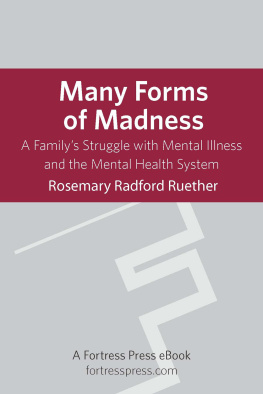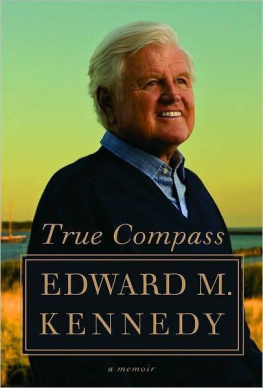Patrick J. Kennedy - A Common Struggle: A Personal Journey Through the Past and Future of Mental Illness and Addiction
Here you can read online Patrick J. Kennedy - A Common Struggle: A Personal Journey Through the Past and Future of Mental Illness and Addiction full text of the book (entire story) in english for free. Download pdf and epub, get meaning, cover and reviews about this ebook. year: 2015, publisher: Penguin, genre: Non-fiction / History. Description of the work, (preface) as well as reviews are available. Best literature library LitArk.com created for fans of good reading and offers a wide selection of genres:
Romance novel
Science fiction
Adventure
Detective
Science
History
Home and family
Prose
Art
Politics
Computer
Non-fiction
Religion
Business
Children
Humor
Choose a favorite category and find really read worthwhile books. Enjoy immersion in the world of imagination, feel the emotions of the characters or learn something new for yourself, make an fascinating discovery.
- Book:A Common Struggle: A Personal Journey Through the Past and Future of Mental Illness and Addiction
- Author:
- Publisher:Penguin
- Genre:
- Year:2015
- Rating:3 / 5
- Favourites:Add to favourites
- Your mark:
A Common Struggle: A Personal Journey Through the Past and Future of Mental Illness and Addiction: summary, description and annotation
We offer to read an annotation, description, summary or preface (depends on what the author of the book "A Common Struggle: A Personal Journey Through the Past and Future of Mental Illness and Addiction" wrote himself). If you haven't found the necessary information about the book — write in the comments, we will try to find it.
Retail
Patrick J. Kennedy, the former congressman and youngest child of Senator Ted Kennedy, details his personal and political battle with mental illness and addiction, exploring mental health cares history in the country alongside his and every familys private struggles.
On May 5, 2006, the New York Times ran two stories, Patrick Kennedy Crashes Car into Capitol Barrier and then, several hours later, Patrick Kennedy Says Hell Seek Help for Addiction. It was the first time that the popular Rhode Island congressman had publicly disclosed his addiction to prescription painkillers, the true extent of his struggle with bipolar disorder and his plan to immediately seek treatment. That could have been the end of his career, but instead it was the beginning.
Since then, Kennedy has become the nations leading advocate for mental health and substance abuse care, research and policy both in and out of Congress. And ever since passing the landmark Mental Health Parity and Addiction Equity Act--and after the death of his father, leaving Congress--he has been changing the dialogue that surrounds all brain diseases.
A Common Struggle weaves together Kennedys private and professional narratives, echoing Kennedys philosophy that for him, the personal is political and the political personal. Focusing on the years from his coming out about suffering from bipolar disorder and addiction to the present day, the book examines Kennedys journey toward recovery and reflects on Americans propensity to treat mental illnesses as family secrets.
Beyond his own story, though, Kennedy creates a roadmap for equality in the mental health community, and outlines a bold plan for the future of mental health policy. Written with award-winning healthcare journalist and best-selling author Stephen Fried, A Common Struggle is both a cry for empathy and a call to action.
**
Patrick J. Kennedy: author's other books
Who wrote A Common Struggle: A Personal Journey Through the Past and Future of Mental Illness and Addiction? Find out the surname, the name of the author of the book and a list of all author's works by series.

